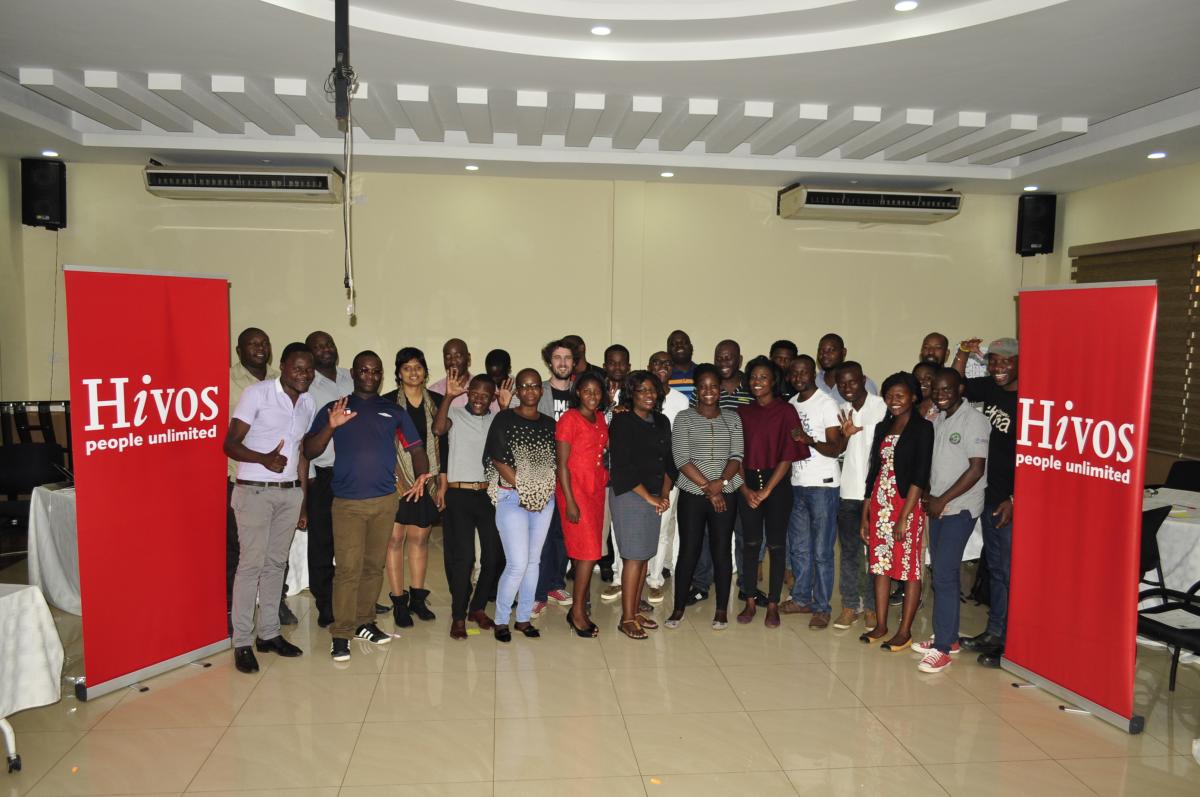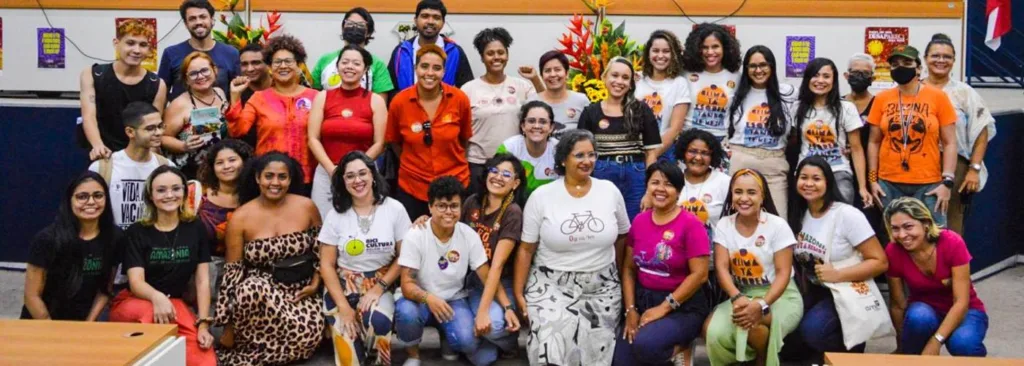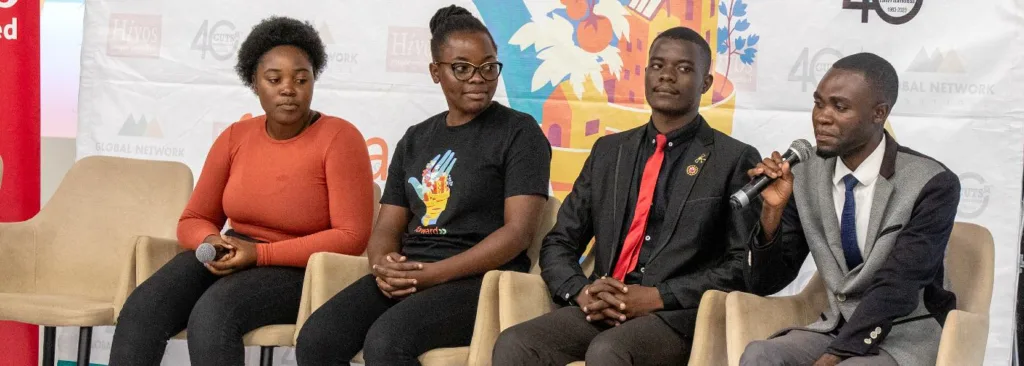Hivos Southern Africa partnered with ClimateTracker.org to train journalists in Malawi and Zimbabwe to effectively report on climate change and renewable energy. Climate Tracker is a global organisation focussed on supporting young journalists around the world to write game-changing articles on Climate Change and Energy. In the last two years, Climate Tracker has facilitated trainings in over 25 countries, and supported journalists to write more than 3000 articles in over 157 different countries.
The three-day training, held in both countries, took the participants through the steps of gaining a multifaceted understanding of climate change’s impact and the potential solutions, especially in the field of renewable energy.
Why Climate Change Matters
Climate change is an important issue facing citizens in the Southern African region. According to the Southern African Development Community (SADC), the region is expected to experience higher land and ocean surface temperatures than in the past, which will affect rainfall, winds, and the timing and intensity of weather events.
Increased frequency of floods, cyclones, and droughts may damage infrastructure, destroy agricultural crops, disrupt livelihoods, and cause loss of life.
Climate change adaptation and mitigation alternatives are key to enabling both Malawi and Zimbabwe to cope with the challenges posed by climate change. The media is well placed to help raise awareness as widely as possible among the public and, ultimately, bring about changes in behaviour and policy.
Therefore, reporting on climate change and requisite solutions that enables citizens and policymakers to better understand the subject matter requires journalists and communications professionals to play a new role.
The Power of Journalism
Journalists will need to shape the information that opinion leaders and the public use to judge the urgency of climate change, what needs to be done about it, when and at what costs.
After the training, journalists will be expected to improve their knowledge of climate and renewable energy issues and pass on the information in a format that can be understood by the general public in Malawi and Zimbabwe.
The workshop included training on framing, facts regarding energy and climate change, as well as leading journalistic tools such as data journalism, story development and visualisation.
“The biggest issue about energy journalism is that it’s not easy to understand the issues involved so you can communicate effectively,” said Chris Wright, Director at ClimateChange.org. “There are a limited number of people of people interested in energy. The challenge for journalists is to make the energy story focus on people and their struggles.”




